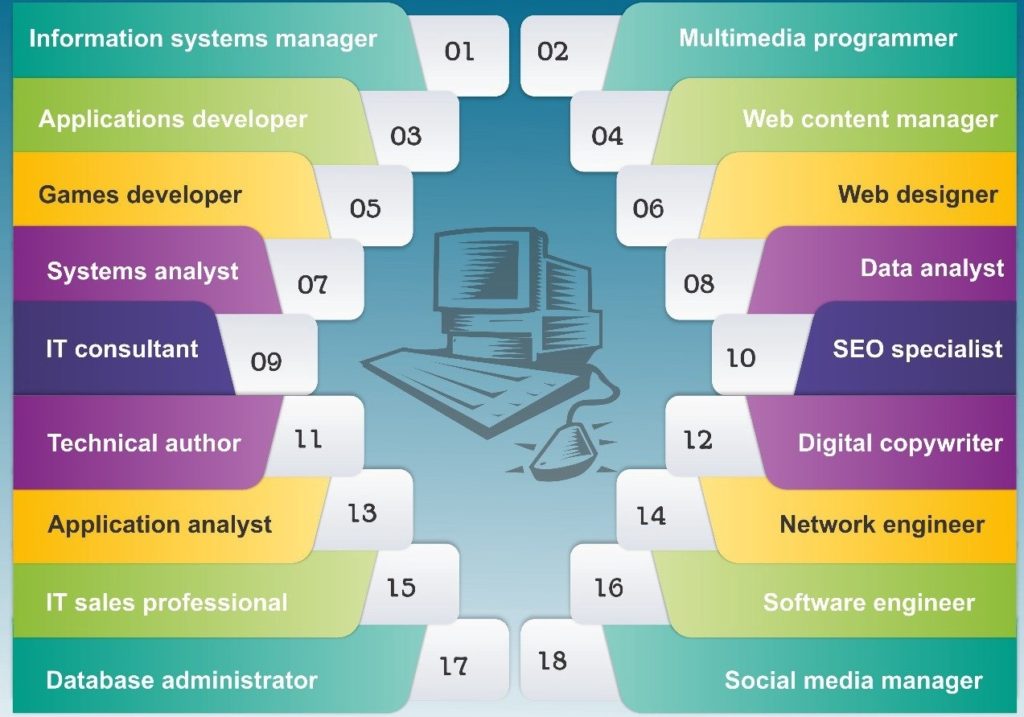Academics
Computer Engineering : Bringing your ideas and innovations to life.
Program Outcome
Engineering Graduates will be able to
Apply the knowledge of mathematics, science, engineering fundamentals, and an engineering specialization to the solution of complex engineering problems
Identify, formulate, review research literature, and analyze complex engineering problems reaching substantiated conclusions using first principles of mathematics, natural sciences, and engineering sciences.
Design solutions for complex engineering problems and design system components or processes that meet the specified needs with appropriate consideration for the public health and safety, and the cultural, societal, and environmental considerations.
Use research-based knowledge and research methods including design of experiments, analysis and interpretation of data, and synthesis of the information to provide valid conclusions
Create, select, and apply appropriate techniques, resources, and
modern engineering and IT tools including prediction and modeling to complex engineering activities with an understanding of the limitations
Apply reasoning informed by the contextual knowledge to assess societal, health, safety, legal and cultural issues and the consequent responsibilities relevant to the professional engineering practice
Understand the impact of the professional engineering solutions in societal and environmental contexts, and demonstrate the knowledge of, and need for sustainable development.
Apply ethical principles and commit to professional ethics and responsibilities and norms of the engineering practice.
Function effectively as an individual, and as a member or leader in diverse teams, and in multidisciplinary settings
Communicate effectively on complex engineering activities with the engineering community and with society at large, such as, being able to comprehend and write effective reports and design documentation, make effective presentations,and give and receive clear instructions
Demonstrate knowledge and understanding of the engineering and management principles and apply these to one’s own work, as a member and leader in a team, to manage projects and in multidisciplinary environments.
Recognize the need for, and have the preparation and ability to engage in independent and life-long learning in the broadest context of technological
change
Program Specific Outcome
Engineering Graduates will be able to
To encourage the students to work using open-source software’s & tools in diversified areas of computer science.
To enable the students to acquire the necessary skill set required to develop, test, install, deploy, and maintain a complete software system for business and other applications, that makes them industry ready.
Program Educational Objectives
Engineering Graduates will be
To build a successful career in leading industries related to the field of Computer Engineering wherein the engineer will be able to provide the necessary solutions to the challenges witnessed in existing and new business models.
To exhibit the qualities of team spirit, leadership, and problem-solving skills to achieve top positions in the organization or to enhance entrepreneurial skills.
To be able to adapt to new technologies and platforms and share their knowledge with their peers in the allied fields.
To develop proficiency in computer engineering and related fields to be able to work in multi-disciplinary areas with a strong focus on innovation and research.
Syllabus
Curriculum prescribed by University of Mumbai
Syllabus for Honours / Minor Degree Program: Download
Specialization
Department Level Optional Course
- Probabilistic Graphical Models
- Internet Programming
- Advance Database Management System
- Internet of Things
- Digital Signal & Image Processing
- Quantitative Analysis
- Machine Vision
- Quantum Computing
- Natural Language Processing
- Augmented and Virtual Reality Lab
- Block Chain Lab
- Information Retrieval Lab
- Deep Learning
- Digital Forensic
- Applied Data Science
- Optimization in Machine Learning
- High Performance Computing
- Social Media Analytics
Specialization
Institute Level Optional Course
- Product Lifecycle Management
- Reliability Engineering
- Management Information System
- Design of Experiments
- Operation Research
- Cyber Security and Laws
- Disaster Management & Mitigation Measures
- Energy Audit and Management
- Development Engineering
- Project Management
- Finance Management
- Entrepreneurship Development and Management
- Human Resource Management
- Professional Ethics and CSR
- Research Methodology
- IPR and Patenting
- Digital Business Management
- Environmental Management
Career Paths

